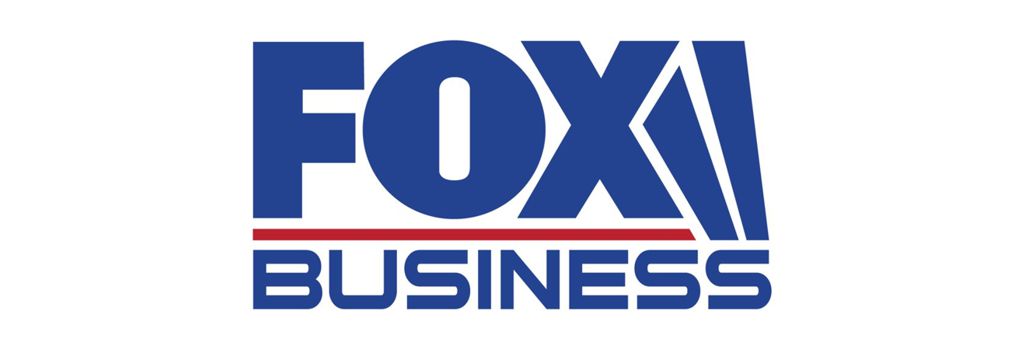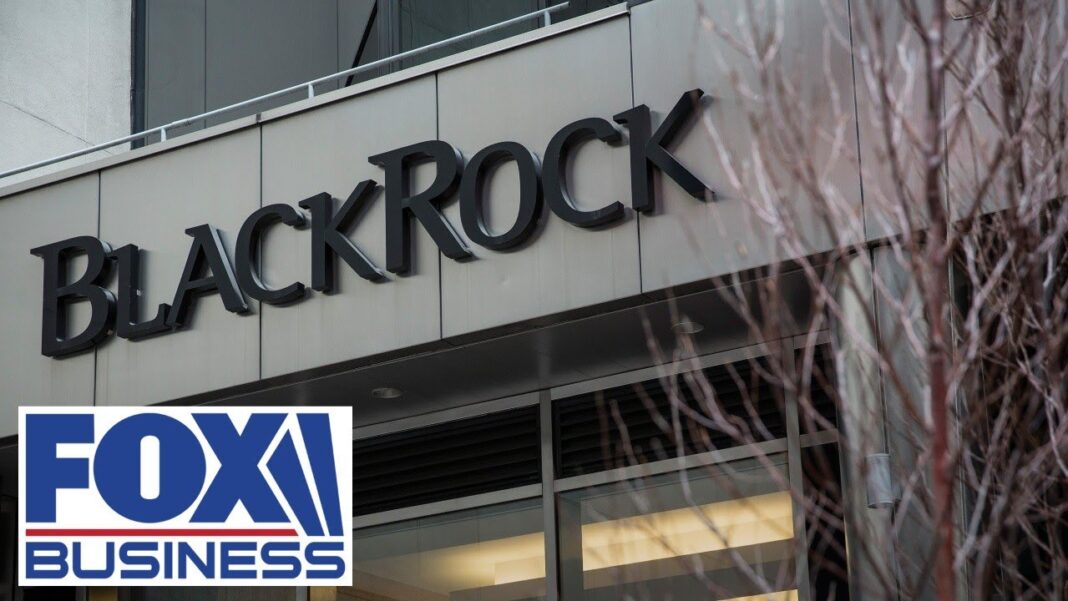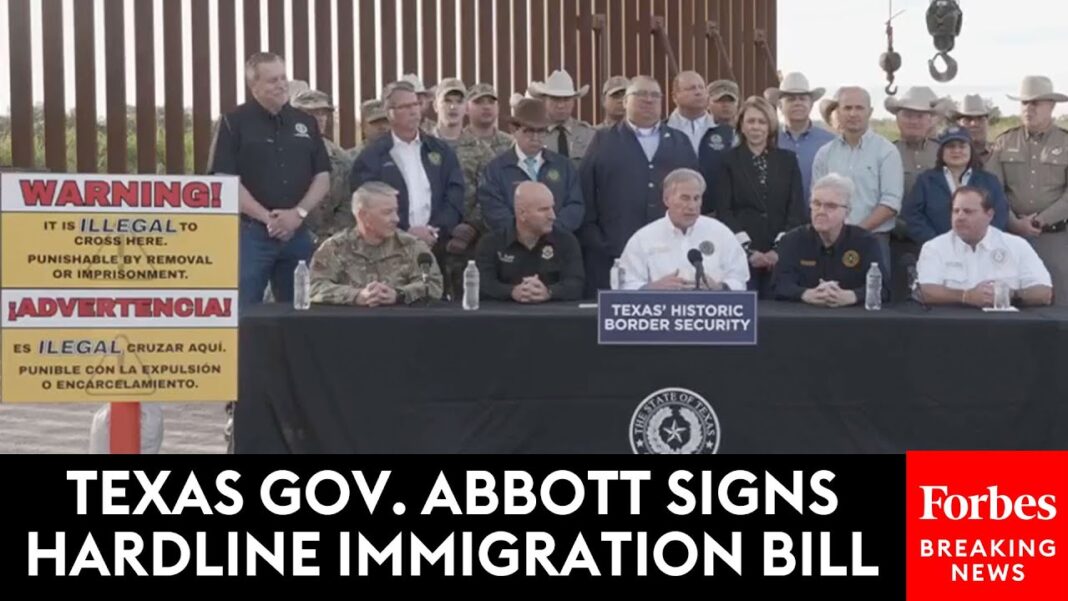Harry Dent warns an ‘everything bubble’ will burst in the new year
As the clock ticks closer to 2024, one outspoken economist is making a dire predication about the markets in the new year.
“Since 2009, this has been 100% artificial, unprecedented money printing and deficits; $27 trillion over 15 years, to be exact. This is off the charts, 100% artificial, which means we’re in a dangerous state,” Harry Dent told Fox News Digital. “I think 2024 is going to be the biggest single crash year we’ll see in our lifetimes.”
“I’m the guy that’s praying for a crash while everybody else is not. We need to get back down to normal, and we need to send a message to central banks,” he continued. “This should be a lesson I don’t think we’ll ever revisit. I don’t think we’ll ever see a bubble for any of our lifetimes again.”
Dent, who spent the majority of his career analyzing proprietary research, credited his against-the-grain prediction to overvalued markets and excessive stimulus spending. While recent rallies have overwhelmingly provided investors with mild recession expectations, Dent remained firm that an “everything bubble” will burst next year.
Historically, market bubbles are characterized by a rapid rise in stock prices, before being met by a sharp fall.
The economist noted that this bubble actually started in late 2021 after the height of the COVID pandemic, with the first signs showing in 2022 when Nasdaq was down 38%. The new year will bring the “B wave” of the crash.
“The Roaring 20s bubble was not an everything bubble. [A] real estate barely bubble [in 2008], it was stocks and urban real estate that bubbled,” Dent said. “This is the one time I’m telling you, do not listen to your financial adviser. Things are not going to come back to normal in a few years. We may never see these levels again. And this crash is not going to be a correction. It’s going to be more in the ’29 to ’32 level. And anybody who sat through that would have shot their stockbroker.”
“That’s an 86% crash in the S&P and a 92% crash in the NASDAQ. And crypto, it’s going to be 96%. So that is a big deal,” the economist added.






